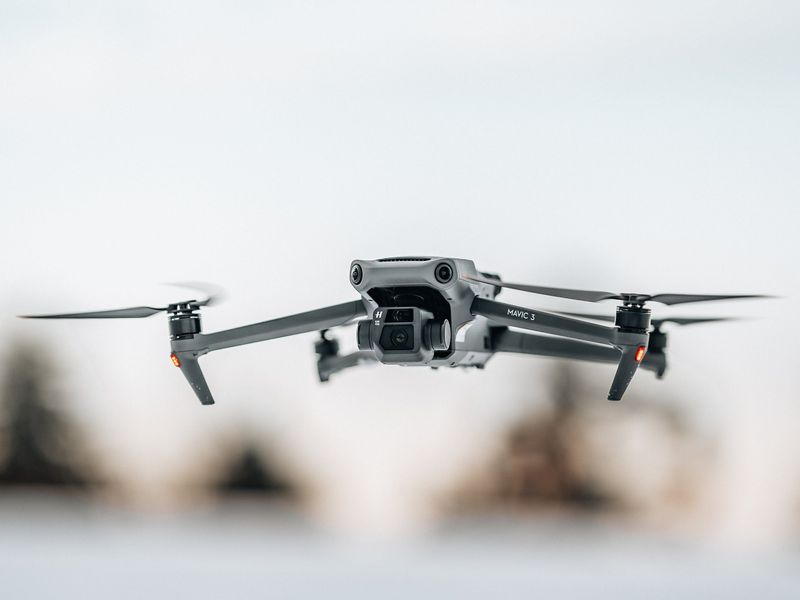China‘s Technological Advancements and Australia’s National Security
Introduction
The Australian government’s use of Chinese-made technology has been raising concerns about national security. Da Jiang Innovations (DJI) drones produced by the Chinese company have recently come under scrutiny in Australia, and the Australian Defence Force has suspended their use pending a security audit. This move follows the banning of Huawei and TikTok in Australia on national security grounds. While concerns about human rights violations and risks to national security need to be seriously considered, the disproportionate focus on Chinese-made technologies may not be doing Australia’s national security interests much good.
Discussion
It is important to recognize that DJI has links with China‘s ruling political party, the Chinese Communist Party (CCP), which has its own branch within the company. DJI also supports public security efforts in Xinjiang, raising national security concerns in Australia. In 2018, Huawei was blocked from supplying Australia’s 5G infrastructure to ensure the security of the country’s critical infrastructure. Turnbull, the then-prime minister, had stated that Australia must “defend our sovereignty with the same passion that China seeks to defend its sovereignty.”
However, we need to ask whether starting a new debate on the use of Chinese technology every few months is a sustainable security strategy, or merely a whack-a-mole tactical response. We do not have concrete evidence of Chinese government agencies accessing Australians’ data via tech companies and their products. Rather than merely counting the number of Chinese-made devices in use, a comprehensive national security strategy review needs to be conducted, including an in-depth security review of all foreign technologies used.
We need to recognize that it is not just China that poses risks to Australia’s national security. Our politically driven focus on China takes away from efforts to weed out potential harms from elsewhere, such as Russia, Iran, and non-state actors.
Editorial
The question here is about Australia’s national security interests and how they should be addressed. Simply banning Chinese technology companies does not provide long-term solutions to security concerns. What is required is an in-depth security review of all foreign technologies imported into Australia, as well as an overall review of national security strategy. Australia needs to learn from the experience of other countries, such as the US, in incorporating vetting procedures for imported tech into the foreign interference task force of ASIO.
Advice
The Australian government should work towards a comprehensive national security strategy to tackle the challenges posed by foreign technologies. Rather than focusing solely on banning Chinese-made devices, a comprehensive review of foreign technologies is needed to ensure the security of critical infrastructure and protect Australia’s national security interests. This review should involve an in-depth security assessment of all foreign technologies used in the country, including the vetting procedures by the foreign interference task force of ASIO. We must recognize that foreign interference and surveillance risks are a global issue, and Australia should work closely with its allies to find sustainable solutions to these challenges.

<< photo by Kawê Rodrigues >>




